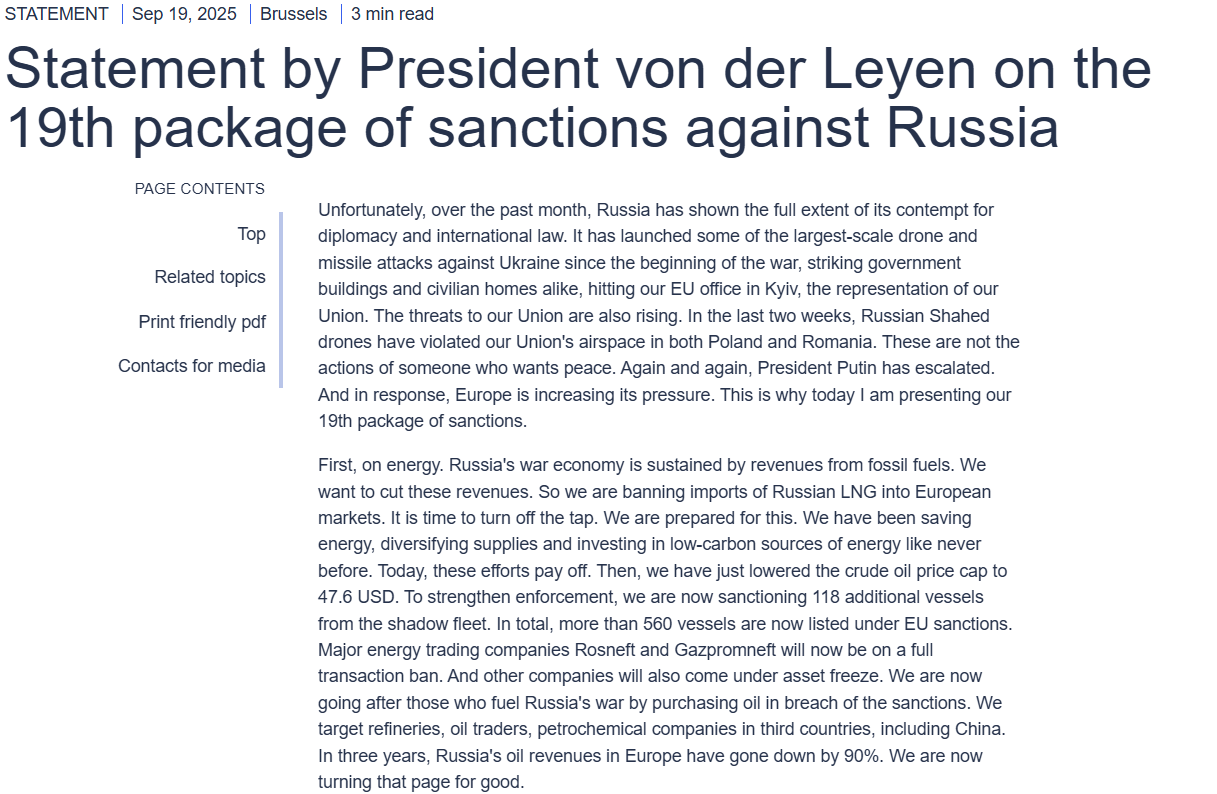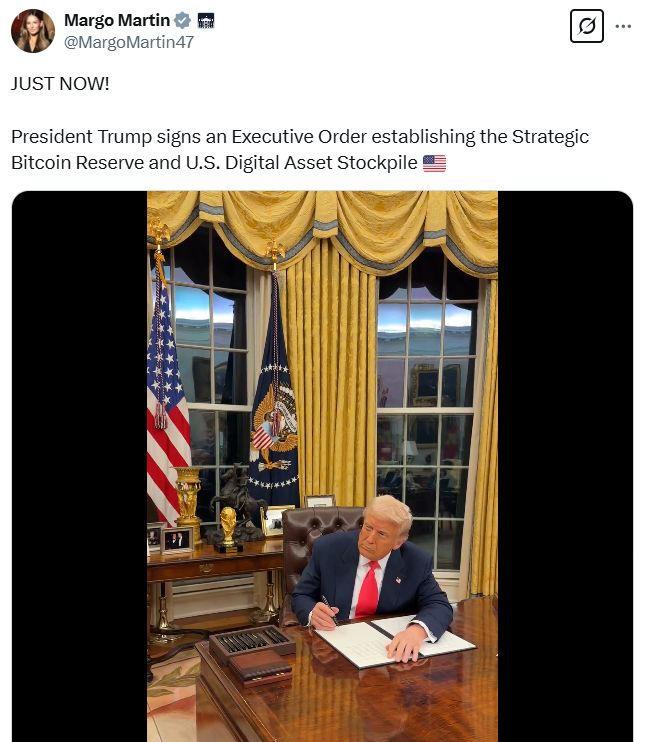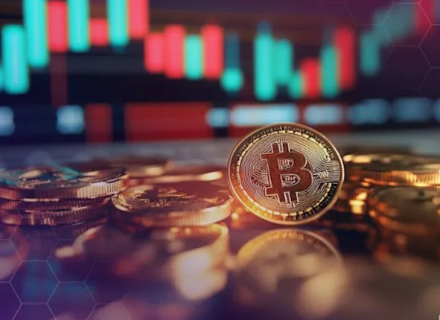The European Union is looking to block Russian crypto transactions, marking the first time that sanctions directly target cryptocurrency platforms.
The EU crypto sanctions would, if adopted, prohibit cryptocurrency transactions for Russian residents and directly target digital-asset platforms and foreign banks tied to Russia’s alternative payment systems, marking the bloc’s first move to block Russian crypto transactions to curb sanctions evasion.
-
EU adds cryptocurrency platforms to its 19th sanctions package
-
Measures would bar crypto transactions for Russian residents and restrict banks linked to alternative payment systems
-
Sanctions still require unanimous approval from all 27 EU member states
EU crypto sanctions target digital-asset platforms and Russian transactions; learn implications and next steps for markets. Read on for details and analysis.
What are the EU crypto sanctions?
The EU crypto sanctions are proposed measures inside the bloc’s 19th sanctions package that would add cryptocurrency platforms to the list of restricted financial services and prohibit cryptocurrency transactions for Russian residents. The package also targets foreign banks tied to Russia’s alternative payment systems and entities in special economic zones.
How will the EU block Russian crypto transactions?
The proposal would legally prohibit crypto platforms from processing transactions for Russian residents and require member states to enforce those restrictions across regulated exchanges and custodial services. It would also freeze or restrict dealings with foreign banks connected to alternative payment rails used by Russian entities.
- Blacklist crypto platforms and addresses: Designate services and wallets tied to sanctioned actors and require service providers to block them.
- Ban transactions for Russian residents: Enact rules forbidding transfers initiated by accounts identified as Russian-resident.
- Target related banks: Sanction foreign banks linked to Russia’s alternative payment systems to disrupt cross-border settlement channels.
- Enforce through regulators: Direct national regulators to monitor exchanges and impose penalties for non-compliance.
 EU’s 19th sanctions package statement. Source: ec.europe.eu
EU’s 19th sanctions package statement. Source: ec.europe.eu
Why is the EU including crypto platforms now?
The European Commission says escalating evasion tactics have forced sanctions to adapt. President Ursula von der Leyen stated the bloc must close channels used to route funds and goods, and that targeting crypto platforms is necessary to maintain the sanctions’ effectiveness.
Officials cite examples of alleged use of digital assets to circumvent financial restrictions, with investigative reporting and law enforcement actions highlighting patterns of on‑chain transfers linked to sanctioned entities and intermediaries.
How could markets and users be affected?
Exchange operators, custodial services, and compliance teams would face higher operational burdens to implement geo-blocking, enhanced KYC, and sanctions screening. Non-custodial wallets and privacy-focused services could become focal points for regulatory scrutiny.
Crypto market liquidity could tighten temporarily as affected on‑ramps and rails are restricted. Major stablecoins and Bitcoin have been referenced in reporting as vectors for alleged sanctions evasion, which regulators will now monitor more closely.
Relevant law enforcement context: in July, the U.S. Department of Justice brought charges in a large crypto money‑laundering case alleging more than $540 million laundered through crypto companies; investigative reporting by Reuters has previously documented claims of tens of millions in monthly flows tied to sanctioned entities. These references are plain text mentions of authoritative sources and official filings.
How is Ukraine responding with a national Bitcoin reserve?
Amid the diplomatic and financial maneuvers, Ukraine is advancing a draft bill to create a national Bitcoin reserve. Lawmaker Yaroslav Zhelezniak confirmed the proposal is in final drafting stages and aims to strengthen financial resilience with a crypto-denominated buffer.
The concept draws on recent policy moves in other jurisdictions and public discussion around using confiscated or state-held BTC as reserve assets. Proponents argue a Bitcoin reserve could diversify national stores of value; critics caution about volatility and regulatory complexities.
 Source: Margo Martin
Source: Margo Martin
Frequently Asked Questions
Will the sanctions automatically block all crypto trades involving Russia?
If approved, the measures would legally prohibit transactions for Russian residents and bar platforms from servicing those accounts, but effectiveness depends on enforcement by national regulators and compliance by crypto firms. Unregulated on‑chain activity is harder to control.
When do the EU crypto sanctions take effect?
The measures require unanimous approval from all 27 EU member states and will take effect after formal adoption and publication in EU legal acts. Member-state implementation timelines may vary.
Can sanctions be circumvented using stablecoins or OTC desks?
Regulators are explicitly targeting channels used for evasion. Stablecoins and OTC desks that operate within regulated jurisdictions will face tighter controls and screening to prevent sanctioned flows.
Key Takeaways
- Historic scope: The EU would, for the first time, include cryptocurrency platforms in a sanctions package.
- Operational impact: Exchanges and custodians will face new compliance demands and potential transaction bans for Russian residents.
- Geopolitical ripple effects: Ukraine is simultaneously pursuing a national Bitcoin reserve, highlighting divergent national crypto strategies.
Conclusion
The proposed EU crypto sanctions represent a significant shift by directly targeting digital-asset platforms and restricting transactions for Russian residents. Implementation will test regulatory coordination, enforcement capacity, and market resilience. Stakeholders should monitor member-state approvals and prepare compliance measures to adapt quickly.


